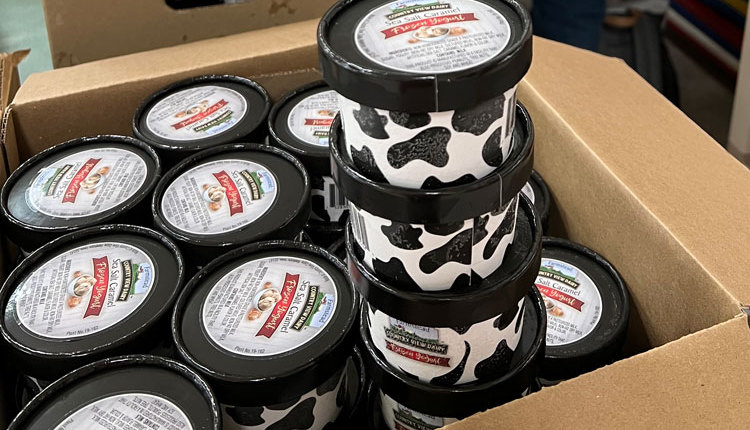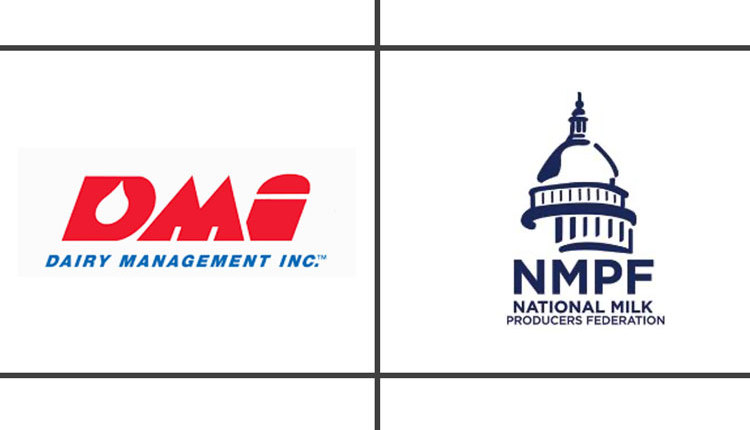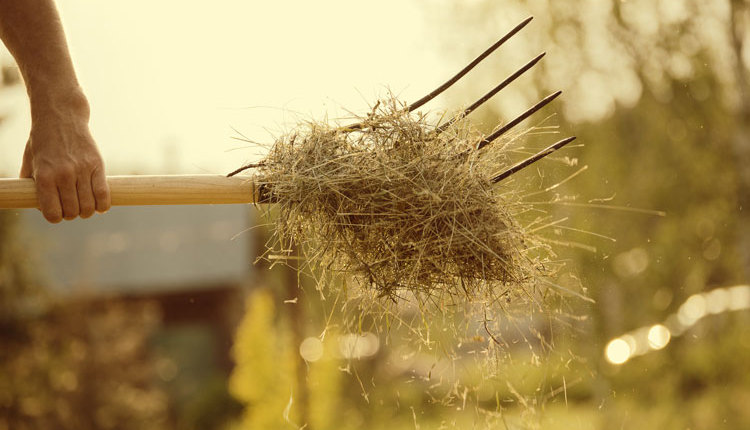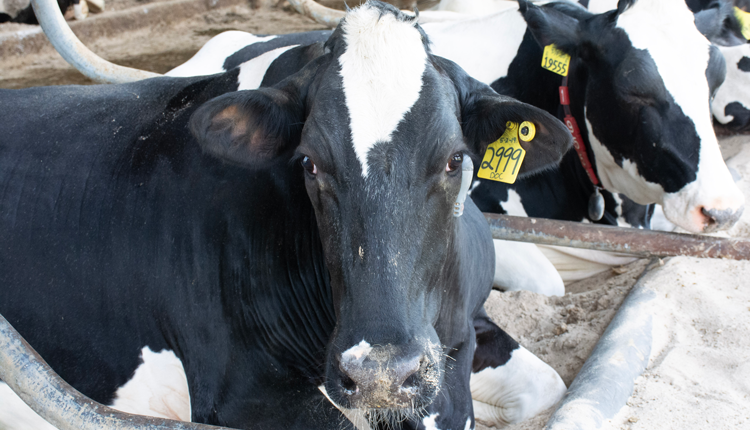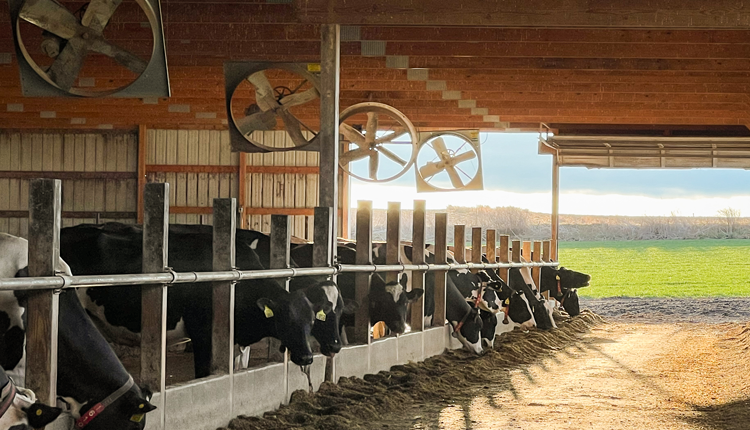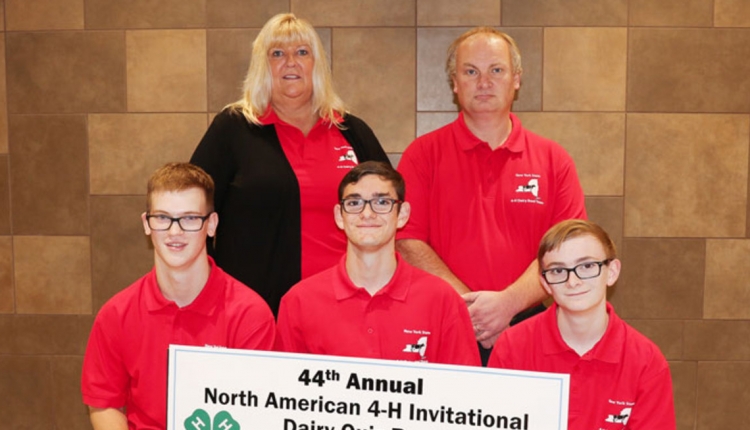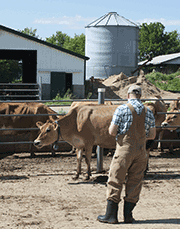 The Hoard's Dairyman Farm began in 1899 and Jerseys arrived in the fall of 2009 to join our long-established Guernsey herd.
The Hoard's Dairyman Farm began in 1899 and Jerseys arrived in the fall of 2009 to join our long-established Guernsey herd.Last week, the Jersey herd was appraised by Elizabeth Moss and Shawn Styer of the American Jersey Cattle Association's (AJCA) appraisal team. Each milking cow (dry cows are not evaluated based on AJCA rules) was presented to them to receive a numeric score based on their conformation. The primary objective of this appraisal process is to improve conformation and longevity in a herd and the Jersey breed through regular evaluation of economically important type traits.
For anyone who has classified dairy cattle, of any breed, knows it is a time consuming process. The preparation ahead of time includes gathering all the pertinent data for the evaluator. And, not all facilities are ideal for evaluating the cows – some can be in cramped corners or dark barns. So, making the area suitable for scoring can take time, too. Fortunately, there was a large area to appraise the Hoard's Dairyman Jerseys and another set of cows was appraised in the freestall barn.
It takes time to sort the cows so only one cow is seen by each appraiser at a time, while the other cows wait. And, you will need a pen (or area) for the cows to go when they are finished getting a score.
People are needed on days like this – some to manage the gates for unscored cows, a gate keeper for appraised cows, and someone with all the paperwork to confirm cow identification, new calving dates and registration numbers for recently added cows to the herd. It also helps to have someone to push the cows to the next pen when the appraisal is complete. Of course, not all of these people are absolutely needed, but it sure does make the process goes faster if there are adequate hands to get the job done.

However, this day included two appraisers as the Wisconsin area classification drew to a close. With over 200 head to score, the two AJCA staff members made the process go faster, not monopolizing all of the Hoard's Dairyman farm staff members' time with the appraisal process.
Depending on the herd size, facilities, available help and the number of head to be appraised can vary. Elizabeth said she can typically do 250 cows each day, but has done over 400 in one day.
Prior to the visit, the Hoard's Dairyman farm herd inventory of milking age females was downloaded by the AJCA through the farm's milk records (DRPC) and loaded onto hand-held computers. The on-farm process begins when the cow appears in front of the appraiser and the cow's identification number (eartag) is entered into the appraiser's hand-held device. It then links to the cow's management data. However, the appraiser only sees birthdate, date of calving, lactation number and previous score. They do not know any pedigree information, such as sire or name while evaluating. This ensures that the scores are objective and unbiased.
Cows are evaluated on individual traits using a linear scale of 1 to 50, except for stature, which uses a scale of 1 to 80. Once all traits are entered, a final score is generated electronically, ranging from 50 to 97. The appraiser then announces the score and briefly explains what traits were admirable or which ones need to be improved to merit a higher score.
Since appraisers see a lot of animals across the country, they may inquire about the sire of a cow after the scoring process is complete. They can then formulate patterns they see in bulls' abilities to transmit conformation traits.
The process continues when the next cow enters and can take several hours. And, in the case of the Hoard's Dairyman Farm last week, it took 5 hours with two appraisers, with a short break for lunch.
Look for an upcoming blog with the results of the day.
To learn more about the Hoard's Dairyman Farm, visit our farm website.
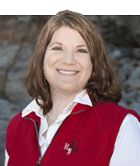
The author is the online media manager and is responsible for the website, webinars and social media. A graduate of Modesto Junior College and Fresno State, she was raised on a California dairy and frequently blogs on youth programs and consumer issues.


